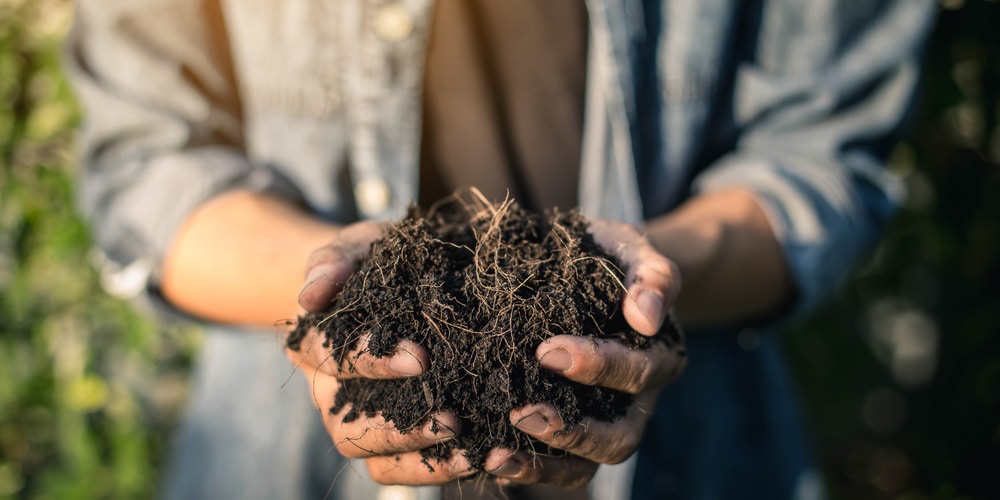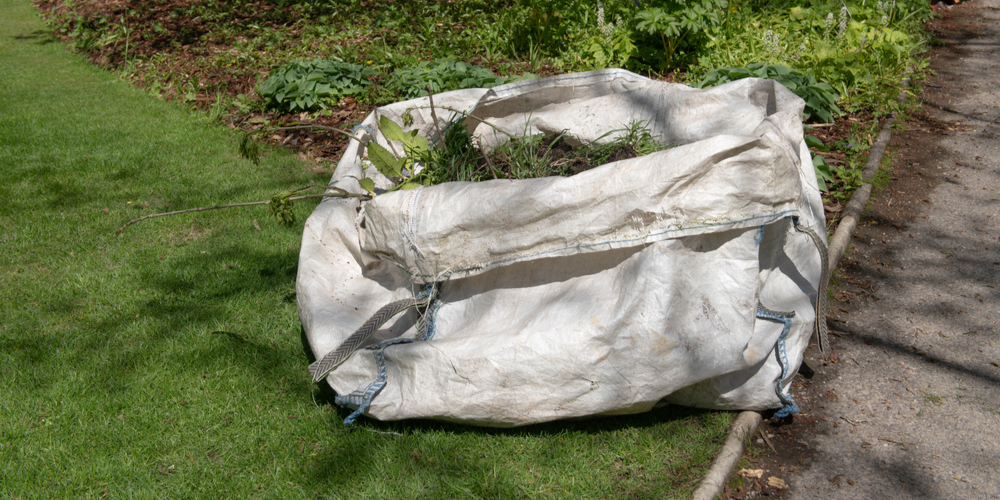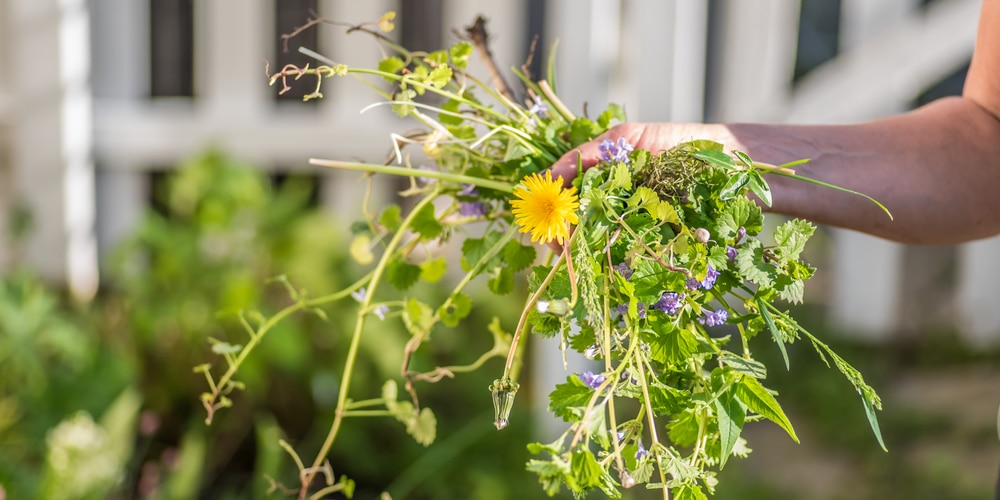Often, weeds are seen as nothing but a nuisance. They invade our gardens, yards, and driveways, taking over and crowding out the plants we’ve put so much time and effort into growing. Weeding your lawn and garden can feel like a never-ending battle.
Fortunately, you can put these weeds to good use. Composting is a great way to reduce your waste, add nutrients to your soil, and help your plants grow.
Basics of Composting
Compost is decomposed organic matter, like leaves, grass clippings, and fruit and vegetable scraps. It’s a rich source of nutrients that you can add to your soil to help your plants grow.
Composting is a simple process: you just need some organic matter, water, and air. The organic matter will break down over time, and the end result is compost.
Can Weeds Be Composted?
This is a typical question asked by many gardeners. The answer is yes! You can compost weeds. As a matter of fact, they make excellent compost materials. Weeds are often high in nitrogen, an essential nutrient for plants.
However, there’s a right and wrong way to do it. One of the most common challenges of using weeds as compost is that they can spread. If you’re not careful, you’re running the risk of spreading weed seeds throughout your compost pile.
Roots and seeds left behind can sprout and grow, leading to more weeds. They can creep and crop up in other parts of your garden, and before you know it, you’re back to square one.
Because of these reasons, many gardeners give up the idea of composting weeds altogether. But there are ways to compost weeds without spreading them.
How to Properly Compost Weeds
When done the right way, weeds make excellent compost as it’s filled with good nutrients, but you have to be careful.
Here are some tips on how to compost weeds:
Remove the Roots
Adding weeds with their roots intact can result in regrowth. To avoid this, ensure that you remove the roots from your weeds before adding them to the compost. This can be done as early as you’ve pulled them from the ground.
If the roots are too tricky to remove, you can also chop them up into small pieces, eliminating the roots entirely.
Learn How to Hot Compost
Hot composting is an efficient way to break down weeds and other organic matter. The key to hot composting is reaching and maintaining high temperatures.
This process can take anywhere from two to four weeks. It’s a long process, but this eliminates the risk of regrowth as the weed seeds will be killed off in the process.
To do this, add your weeds to a pile and frequently turn them. The pile should be moist but not wet, and you should turn it every few days. This is done to ensure that all weeds in your pile will get in the hot zone – which is the center. Doing this will kill the weed seeds and prevent them from sprouting.
Add a second pile whenever needed. Do not add more than 30% weeds to your compost, as this can make the process go too slowly. You’ll know it’s ready once your compost has reached 145 degrees. A compost thermometer can help you keep track. At this temperature, all weed seeds will be killed.
Use a Compost Tumbler
A compost tumbler is an enclosed bin that you can use to compost your organic matter. This is a great option if you’re worried about critters getting into your compost or if you want to contain the odor.
Tumblers also help to speed up the composting process as they retain heat and moisture better than an open bin. It’s also an ideal method if you want to hot compost your weeds.
Using a tumbler is simple: just add your organic matter, water, and air, and let it do its thing. You’ll need to turn it every few days to aerate the compost and help speed up the process.
Use a Compost Bin
Unlike a tumbler, a compost bin is an open-air container. This is a great option if you have a larger quantity of organic matter to compost. This is one of the most traditional ways to turn your weeds into nutrient-rich compost. Simply add your weeds, some grass clippings, kitchen scraps, and other organic matter to your bin and let it do its magic.
Over time, the organic matter will break down, providing an excellent source of nutrients for your garden.
Can weeds be composted: Final Thoughts
With a little bit of effort, you can compost your weeds and turn them into something beneficial for your garden. Just remember to remove the roots, hot compost when possible, and use an enclosed bin or tumbler to contain the process.
Related Article: Best Ways to Remove Weeds From a Large Area


